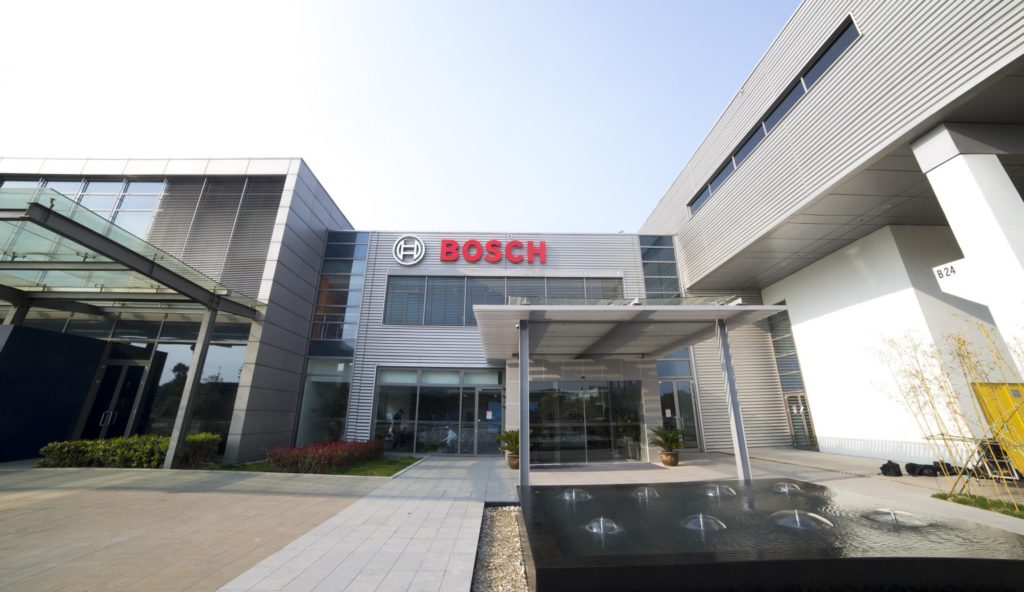New chips could boost EV range and reduce prices
09 October 2019

9 October 2019
Bosch is to begin production of a new generation of microchips that will improve the range of electric vehicles (EVs).
First samples of the 150mm wafer will be delivered to potential clients in 2021 and could find their way into series production within vehicles three years later, according to the company. The chips will use silicon carbide (SiC), which is designed to withstand higher temperatures and voltages, in power electronics responsible for sending electricity to and from the battery and drivetrain.
While more complex to produce, the chips provide improved conductivity with 50% less energy lost in the form of heat.
′Silicon carbide semiconductors provide greater power for electrical propulsion,’ Bosch board member Harald Kroeger commented. ′For the driver that translates to 6% more range.’
Benefits
Bosch believes the greater range offered by its new chip should boost sales of EVs, citing statistics that indicate 42% of consumers would not consider a battery-powered car due to their limited range and the fear of being stranded without power.
Carmakers could also use the greater electrical efficiency to reduce the battery cost and with it the price of the vehicle – another stumbling block with potential buyers.
The microchips’ ability to withstand higher temperatures also means less of a need for complex cooling circuits that add weight and cost in the manufacturing process.
′If you look at what 6% more range could mean for a manufacturer who has to shoulder the heavy costs for an EV battery that might be as big as 100 kilowatt-hours, we believe the added expense for a silicon carbide chip makes a lot of sense, and we expect this technology to prevail eventually,’ Kroeger said.
Bosch is making its largest-ever investment for an individual project, building a 300mm wafer plant in Dresden for €1 billion. By packing more chips on one wafer, it expects greater scale effects.
Changing face
Bosch is one of the automotive industry’s most recognised suppliers, yet the company is adapting to ensure it remains relevant in what is an ever-changing market. The German company is focusing more of its efforts on e-mobility and autonomous systems, presenting itself as a supplier of semiconductor products for such vehicles.
In January, the company announced it was in talks to expand a research alliance on driverless vehicles and plans to invest €4 billion to develop the technology by 2022. In 2018, Bosch acquired 30 electromobility projects worth several billion euros. By 2025, the company aims to increase its sales in this area tenfold – to a total of €5 billion.
The supplier has also partnered with battery developer CATL, the Chinese company designing, developing and manufacturing EV battery cells to Bosch specifications, as part of its development of 48-volt hybrid powertrain systems.
Bosch faces competition in this domain from suppliers Valeo and Dana Incorporated, which have announced a global collaboration to develop and supply 48-volt hybrid and electric-vehicle systems.